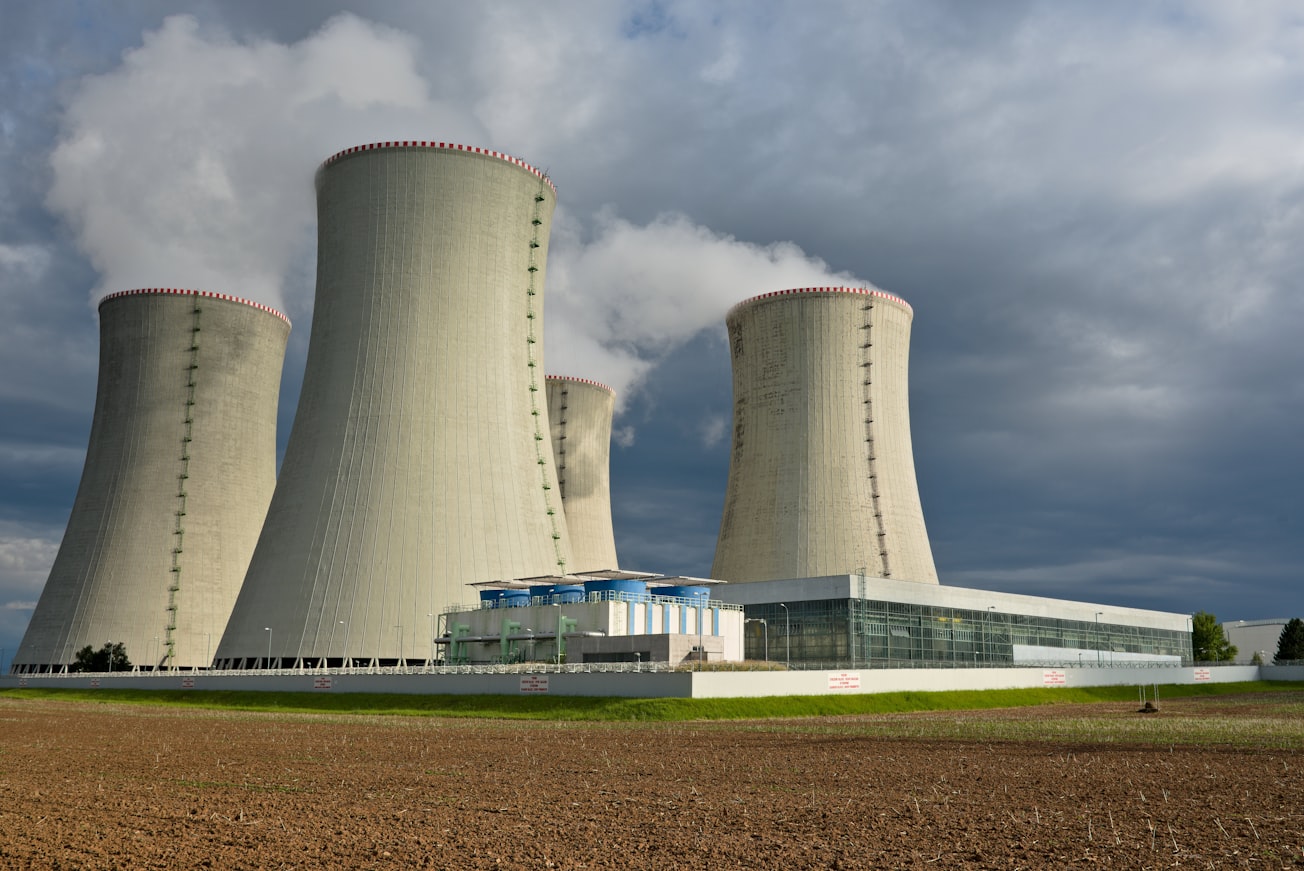What is it about?
Bangladesh government is in the final stage of setting up one nuclear power plant with two units at Rooppur, Ishwardi, each having 1200 MW capacity, to be launched in 2023 to meet the energy shortage urgently. The financial cost of the project is the US $12.65 billion. The primary purpose of this paper is to calculate the economic cost of setting up this plant by using the estimation method developed by Du and Parsons (2009), MIT (2003; 2009; 2018), and Singh et al. (2018). It has been found that the economic cost is amounted to 9.36 cents/kWh for the capacity of 2400 MW. In contrast, for a similar plant in Kudankulam, Tamil Nadu, India, the corresponding cost figure is 5.36 cents/kWh for 2000 MW. Even though it seems costlier than India, the study suggests that policymakers should prefer nuclear power, as it is cost-competitive, considering the production cost of other electricity facilities. The main advantage of nuclear power is cost-competitive baseload power generation with zero carbon emission. This nuclear power plant (NPP) project is expected to boost the energy sector of Bangladesh by transforming the country from an energy deficit country into an energy surplus country.
Featured Image

Photo by Lukáš Lehotský on Unsplash
Why is it important?
This is a noble attempt to estimate the economic cost of nuclear power generation in Bangladesh for the first time in her history.
Perspectives
The financial cost is not enough to cover the broader aspect of economic cost which also includes an external cost.
Dr Gour Gobinda Goswami
North South University
Read the Original
This page is a summary of: Estimating the economic cost of setting up a nuclear power plant at Rooppur in Bangladesh, Environmental Science and Pollution Research, January 2022, Springer Science + Business Media,
DOI: 10.1007/s11356-021-18129-3.
You can read the full text:
Contributors
The following have contributed to this page







